Since this may be my last year of full-time work, I’m processing all kinds of thoughts surrounding my career.
I’m not sure how many parts this series will have, but here’s where it all starts . . .
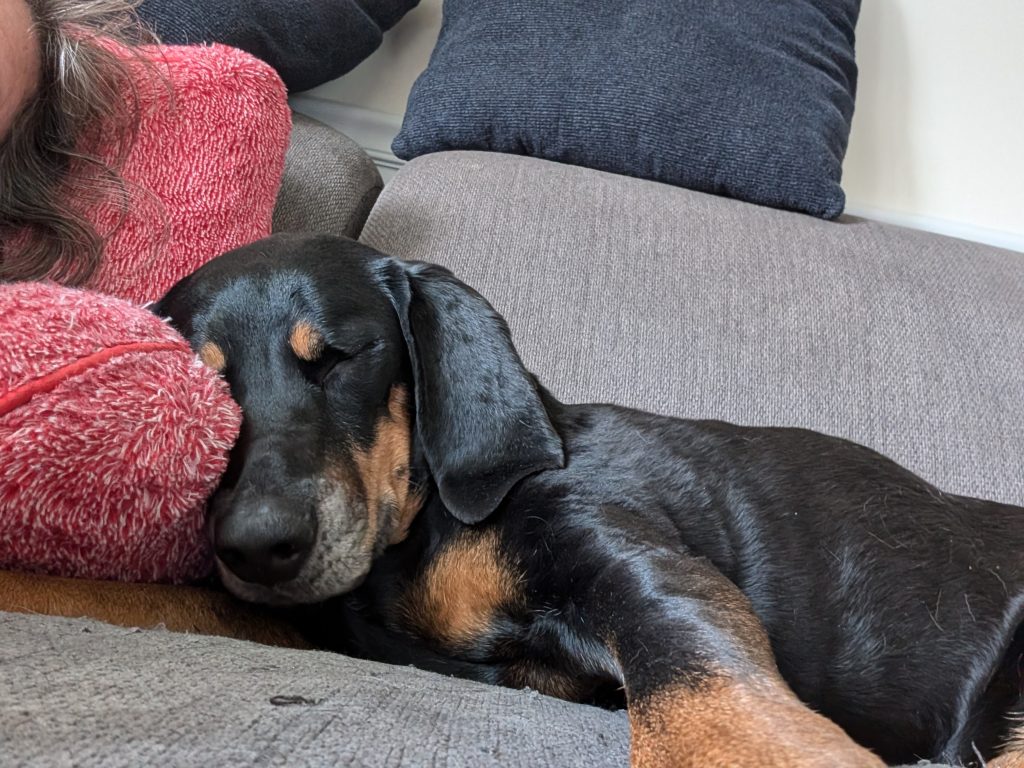
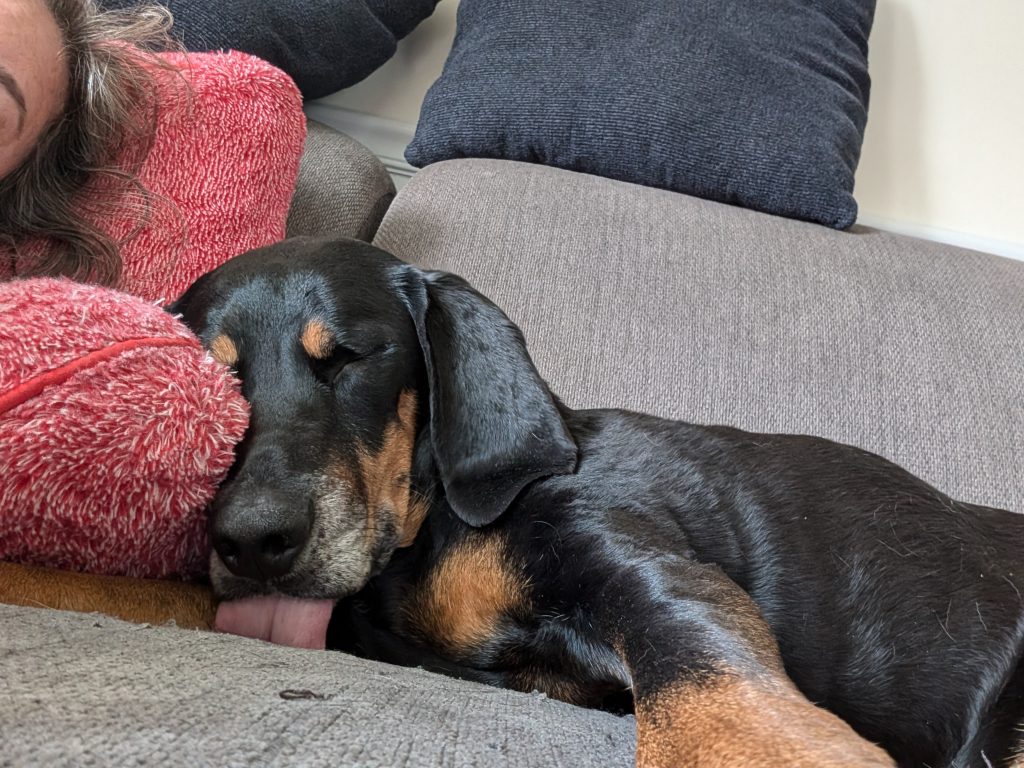
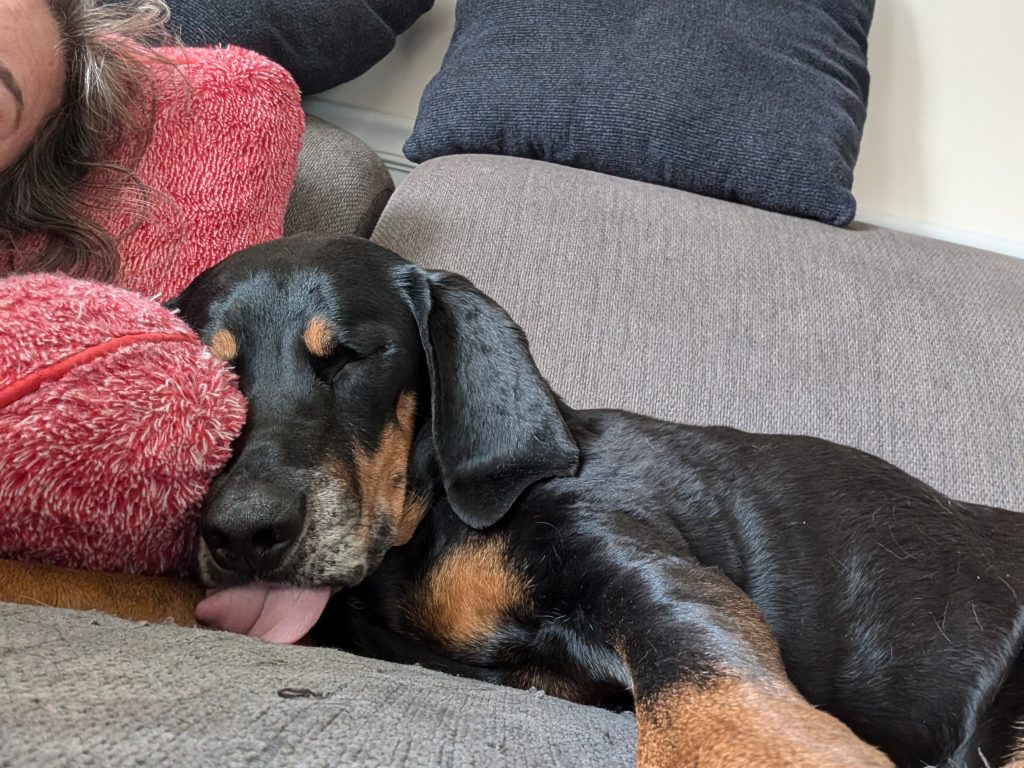
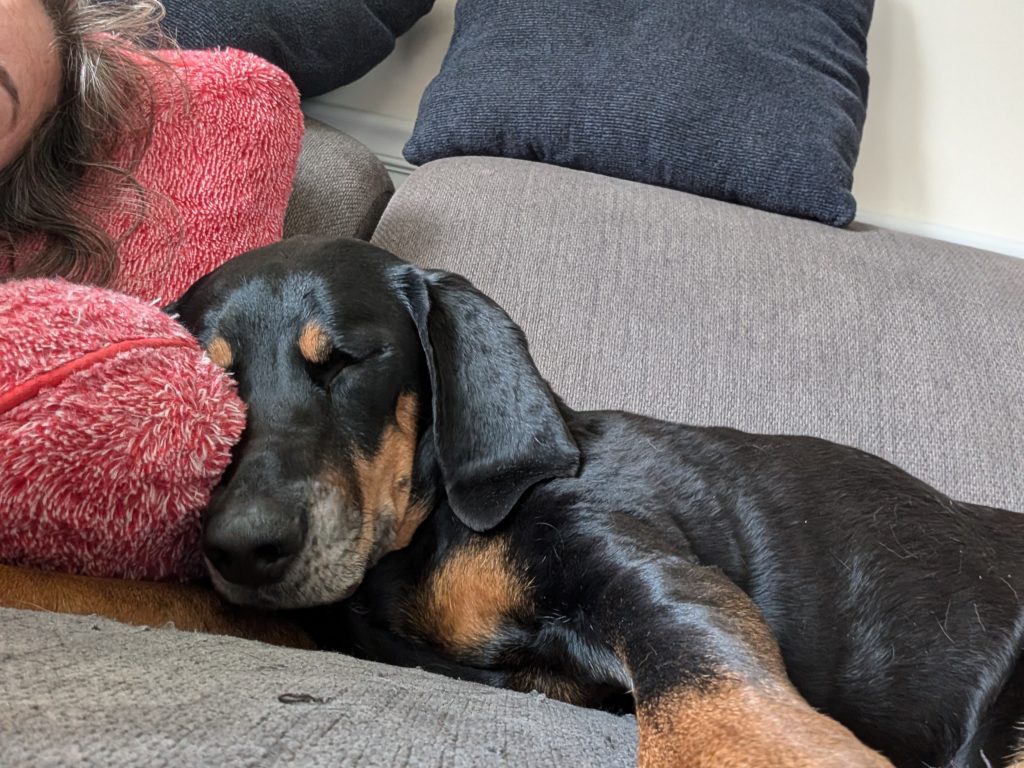
Both my therapist and my husband (who is also a therapist) recommended I take 6 months to a year off work after I retire.
I don’t recall their reasoning clearly because before I can think, “why should I take 6 months to a year off?” I think, “but, I can’t take a year off because . . .”
- I want to work at Prairie School.
- I’m not really retiring; I’m letting go of full-time work.
- I don’t want to not work; I just want to work less.
Another major “but” I have is “but what if my depression comes back because I am not seeing enough people.” I think to myself that if I don’t get involved in things during the first school year I retire from teaching college, I’m going to want to stay home. If I stay home and don’t interact with people, I’ll likely get depressed. If I get depressed, I won’t want to go out and see people. My depression cycle can be nasty. I’d prefer to avoid it.
If these 2 people who care about me so much have this suggestion, though, maybe it’d be useful to at least consider.
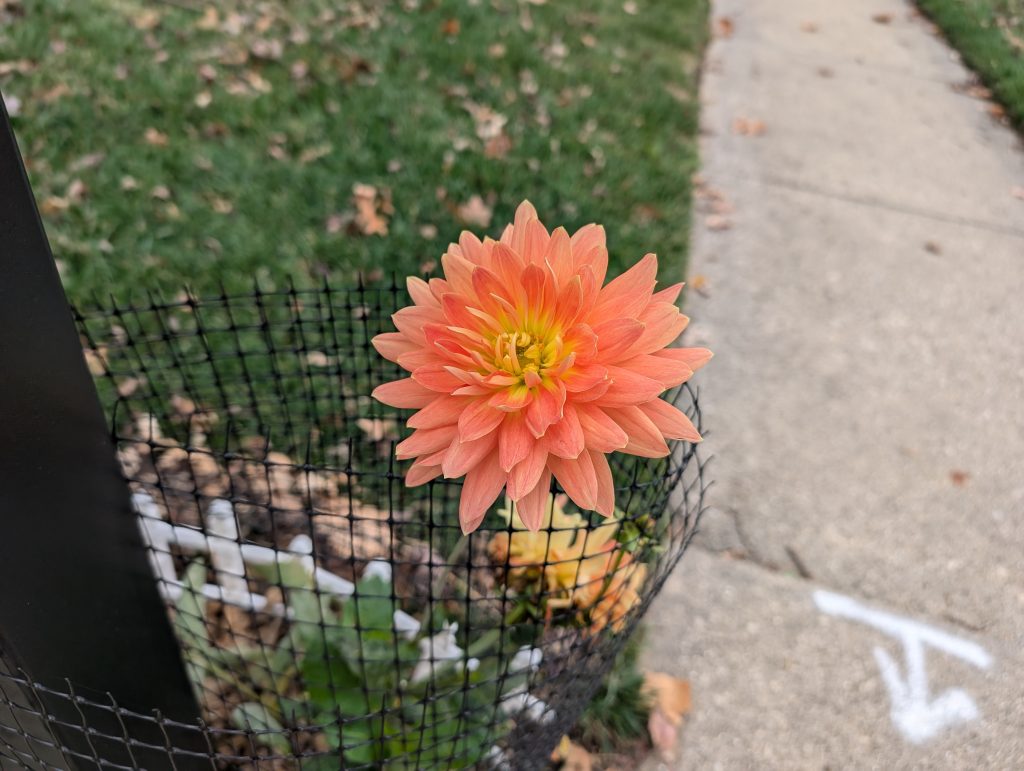
Since my husband talked with me today about retiring, I remember a little of what he said about the why before I said “but . . .”
He said something about allowing the dream that I had of retiring to be realized. That sounds pretty wise, huh?
So, what’s the dream?
I’ve had so many reasons I’ve wanted to leave my current employer over the years that I’d like to review the positives of letting go of that job. I’d like to reconnect with the dream.
First, though, I think it’d be useful to dive into the leaving. I’ve tried to write about why I want to leave many times, and I always feel so negative about the writing that I don’t want to publish it. This time, though, I want to go through it all. I’m going to share my biggest struggles along with some positives that kept me at the college all these years.

The first struggle I remember having at my current job is feeling like I belonged. I had applied for the job a year or so earlier and hadn’t gotten phone interview, so I felt rejected. I look back now knowing there are so many reasons I hadn’t gotten a call back. I know there were candidates with more confidence than me, with more experience than me, and I know I have a deep, long, painful history of thinking I was rejected by others. I’m talking pre-junior-high-school pain. It’s likely I took some of that into my understanding of why I didn’t get the job the first time I applied.
Then, a year later, I applied again. I got the job, but I didn’t feel belonging right away. I looked at those who got the job before me and I felt lesser. Heck, I felt less than the person who got the same job at the same time as me. (I had issues).
Next, my boss, who was trying to assure me I belonged and who wanted to teach me to be a stronger instructor, tried to teach me what I was not ready to hear. His perception was that I was using this “discovery learning” strategy I learned in grad school and that it wasn’t concrete enough for students. Two students who wanted A’s had complained about me and my boss solidified his ideas and wanted me to change.
The “discovery learning” strategy was less about a strategy and more about my way of being in the world. It was more about what I value in education. I never wanted to help students get to one right answer. I wanted them to think and develop their own, more complex answer. I either couldn’t or didn’t articulate this to the father-figure of a boss I was concurrently try to please and rebel from, so his challenge ty my teaching wasn’t helpful at the time.

Over these years, though, my employer gave me the best gift they have ever given me—classrooms of students, time in the classroom, and some freedom to learn and grow as a teacher.
They also gave me what I knew I needed—health insurance. I knew that as soon as I was done with grad school, I needed to find full-time work so my health insurance wouldn’t lapse. I had a pre-existing condition and at the time, if that lapsed, I learned I would never have that condition covered again. I think the law has changed in my state and insurance companies have to cover pre-existing conditions, but back then, it was the opposite. From what I understood, if I didn’t have continual coverage, my next employer wouldn’t have to cover treatment for my pre-existing condition for at least a year.
Being hired at my current employer gave me the assurance I would be taken care of health-insurance wise. At the time, this seemed just as important if not more important than being paid a salary.

There was one period I considered to be really positive in my career. My department was working together to revise our classes. At first we had the support of our boss and later, we worked against him. It was really exciting to work with such creative people who thought about the same teaching issues I did and thought the same about college policies and happenings that I did. I still struggled with some of my feeling of not belonging—there was what I’d consider an in crowd and an out crowd. The out crowd wasn’t too far out, though, in my view. And I had a close friend I was getting to know. Though I struggled with self-esteem and the feeling of belonging at times, I felt most connected to my colleagues during this period.
Over those years, we were able to create some change in our classrooms, but larger change to the college was just an uphill battle. If anything, we fought and kept some of the status quo (like class size) when other parts of the college were just losing out (their class sizes were increasing).
More soon!
Peace Out (and In),
Julie



5 COMMENTS
Deb S
8 months agoLovely pictures and an insightful post! Love you!
Julie
8 months ago AUTHORThanks, Deb! Love you too!
Margo
8 months agoBeautiful pictures as always, and I love reading your analysis. Much resonance and very interesting. I can’t wait to continue reading!
Julie
8 months ago AUTHORThank you, Margo!
JMFL
8 months agoI appreciate the idea of taking a long drive through your past to better understand your present. I look forward to hearing more as you post.